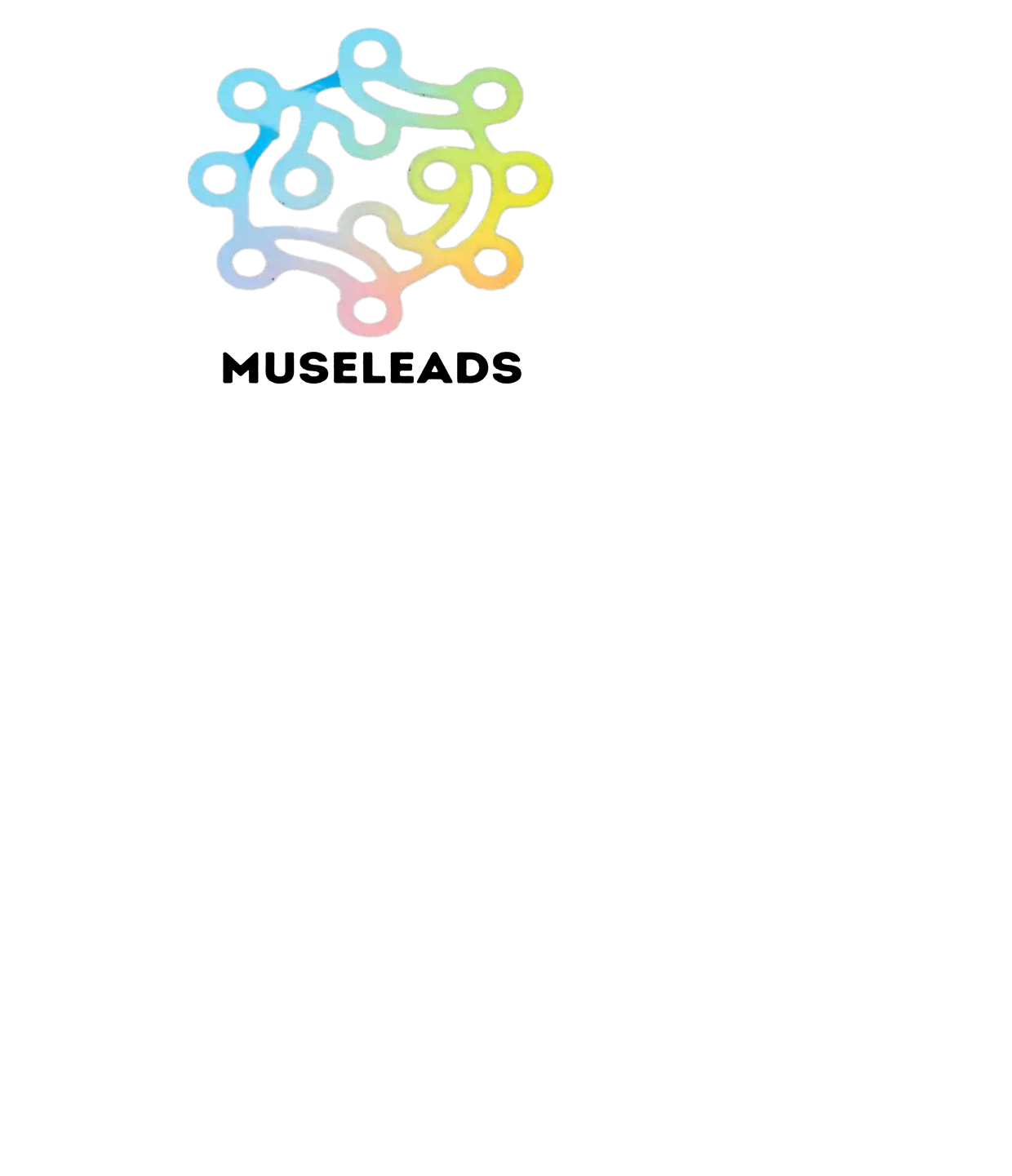Link Equity
What is Link Equity?
Link equity also sometimes called “link juice,” is a concept in search engine optimization (SEO) that refers to the credibility or value passed from one website to another through links. Link equity, simply put, is like popularity on the internet.
Imagine you’re showing off your cool new bike to your friends. The more friends who see your bike and say “Wow, that’s a cool bike!”, the more popular your bike becomes.
Websites work similarly. When other websites link to a website, it’s like giving it a thumbs up and saying “This website has good stuff!”. The more high-quality websites that link to a website, the more “link equity” it has. This can help the website become more popular in search results, just like your bike might become more popular among your friends.
The value of the link is dependent upon various criteria, including the site’s authority and topical relevancy, as well as the linked page’s own authority.
Factors Determining Link Equity
The various factors determining Link Equity are:
1) Authority of the Linking Website: This is generally considered the most important factor. Links from high-authority websites pass on more link equity than links from low-authority websites. Search engines use various metrics to determine a website’s authority, including the number and quality of backlinks it has, the age of the domain, and the website’s overall traffic.
Link Equity is also passed when doing Internal Linking on your webpages.
2) Link Text: The text that is used to anchor the link can also affect the link equity that is passed on. Links that use keywords that are relevant to the target page will pass on more link equity than links that use generic or irrelevant anchor text.
3) Follow vs. Nofollow Links: Links can be classified as either “follow” or “nofollow.” Follow links pass on link equity, while nofollow links do not. Followed Links are like the standard hyperlinks on the web. They act like votes of confidence for the linked webpage and pass on “link juice” or SEO value. This can improve the search ranking of the linked page.
While on the other hand Nofollow links include a special code that instructs search engines not to follow them or pass on any SEO value. They don’t directly affect search rankings. However, nofollow links still have their uses:
- Sponsored Content: Websites often mark sponsored links as nofollow to avoid giving undue SEO weight to the advertised product or service.
- User-Generated Content: Comments sections and forums typically use nofollow links to prevent spammers from boosting their website ranking through irrelevant comments.
- Social Media: Links on social media platforms are usually nofollow.
4) Page Indexibility: Link equity can only be passed by indexable pages and only through “followed” links. No link juice can pass via non-canonical, non-indexed, and non-crawlable pages.
5) Number of Outgoing Links on the Page: The more outgoing links on a page, the less link equity is passed on to each individual link. This is because the link equity is being diluted among all of the links on the page.
Link Equity Vs Page Rank
In the world of SEO, two terms often get tossed around: link equity and PageRank. While they’re related, they’re not the same. The PageRank system was created in 1997 by Sergey Brin and Larry Page, the two men who founded Google. Its purpose was to assess the number and quality of links pointing to a particular page. It is a score reflecting the link equity a page has accumulated. While PageRank is still a factor, it’s no longer the sole king. Today, Google considers hundreds of signals for ranking, making PageRank just one piece of the puzzle.
Link equity is the value being passed, while PageRank is a score based on that value. So, focus on building high-quality backlinks to boost your link equity. This, in turn, can contribute to a good PageRank and ultimately, higher rankings in search results.
Connection Between Link Equity and Page Rank
There’s a strong correlation between Link Equity and Page Rank-
- Link Equity is the Fuel, PageRank is the Score: Link equity is the valuable “link juice” passed on by high-authority sites. This increases a page’s importance in the eyes of search engines. PageRank, on the other hand, is a score reflecting the accumulated link equity.
- Other Ranking Factors at Play: Google considers hundreds of factors beyond backlinks for ranking. Content quality, user experience, and mobile-friendliness all play a role. So, even with high link equity, a poorly optimized page might not reach the top spot.
In essence:
- Higher link equity generally leads to a higher PageRank.
- A high PageRank doesn’t guarantee a top ranking.
Conclusion
Understanding and harnessing link equity is essential for improving your website’s visibility and authority in search engine rankings. By focusing on acquiring high-quality backlinks and optimizing your content, you can enhance your SEO efforts and achieve sustainable growth.Focus on building high-quality backlinks to improve your overall SEO health. This will positively impact your PageRank and increase your chances of ranking well. But remember, SEO is a multifaceted game, so don’t neglect other crucial aspects.
 seolounge
seolounge
